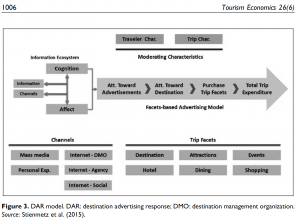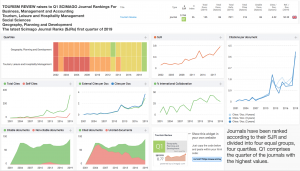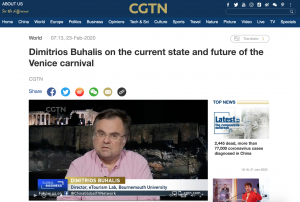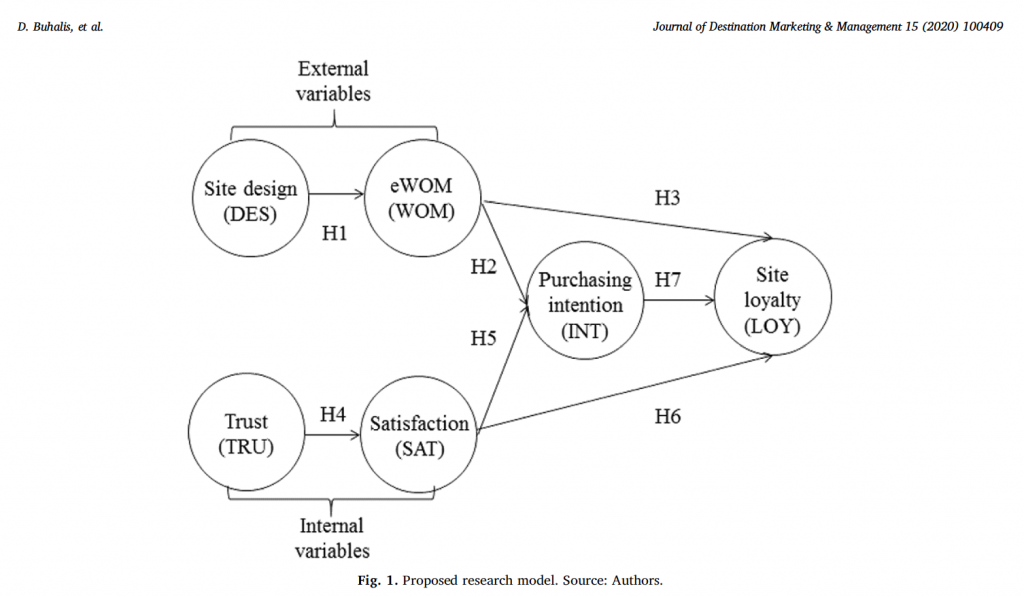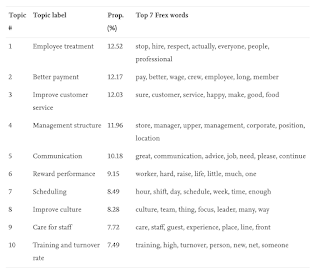Next time when you dine alone, perhaps on a business trip, remember this new publication.
Brown, L., Buhalis, D. and Beer, S. (2020), “Dining alone: improving the experience of solo restaurant goers“, International Journal of Contemporary Hospitality Management, Vol. 32 No. 3, pp. 1347-1365. https://doi.org/10.1108/IJCHM-06-2019-0584
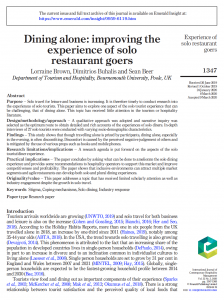
Purpose-Solo travel for leisure and business is increasing. It is therefore timely to conduct research into the experiences of solo tourists. This paper aims to explore one aspect of the solo tourist experience that can be challenging, that of dining alone. This topic has received little attention in the tourism or hospitality literature. Design/methodology/approach-A qualitative approach was adopted and narrative inquiry was selected as the optimum route to obtain detailed and rich accounts of the experiences of solo diners. In-depth interviews of 27 solo tourists were conducted with varying socio-demographic characteristics.

Findings-This study shows that though travelling alone is prized by participants, dining alone, especially in the evening, is often discomfiting. Discomfort is caused by the perceived negative judgement of others and is mitigated by the use of various props such as books and mobile phones. A research agenda is put forward on the aspects of the solo tourist/diner experience.
Practical implications-The paper concludes by asking what can be done to ameliorate the solo dining experience and provides some recommendations to hospitality operators to support this market and improve competitiveness and profitability. The paper shows that inclusive environments can attract multiple market segments and agile restaurants can develop both solo and plural dining experiences.
Originality/value-This paper addresses a topic that has received limited scholarly attention as well as industry engagement despite the growth in solo travel.

